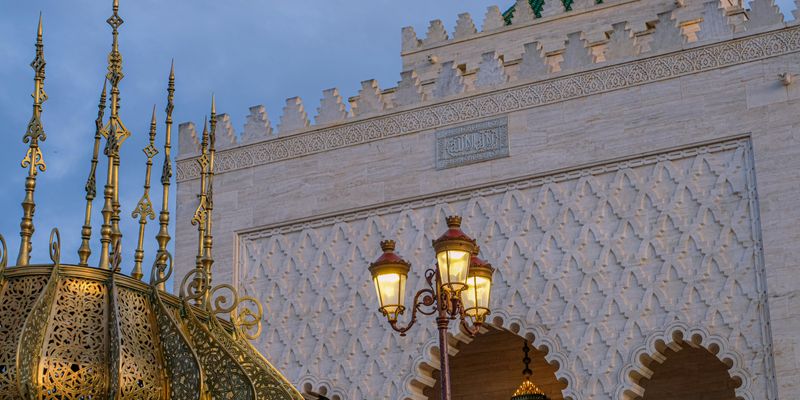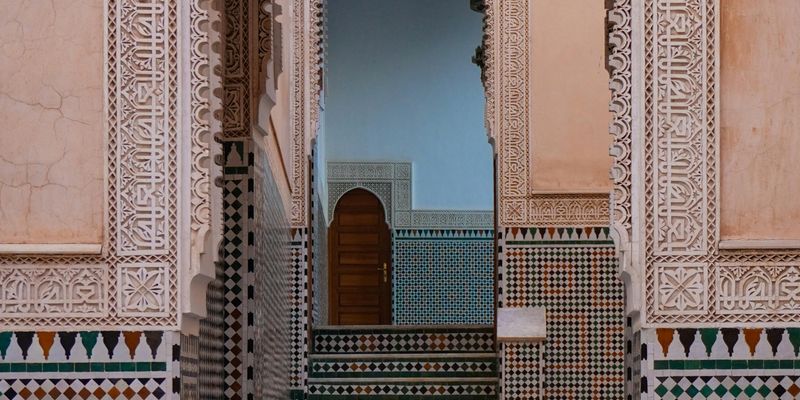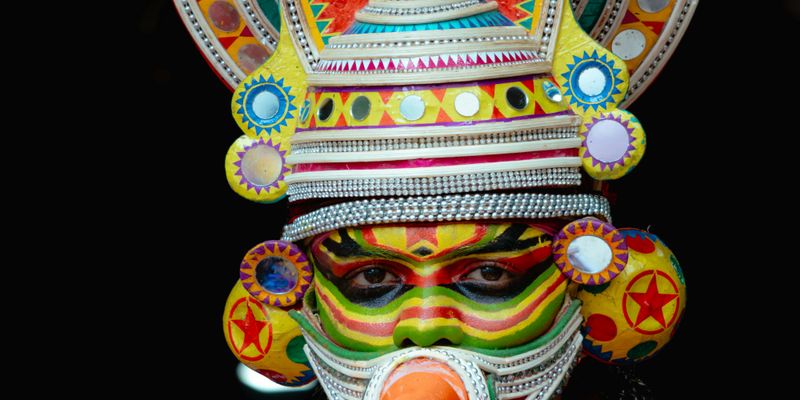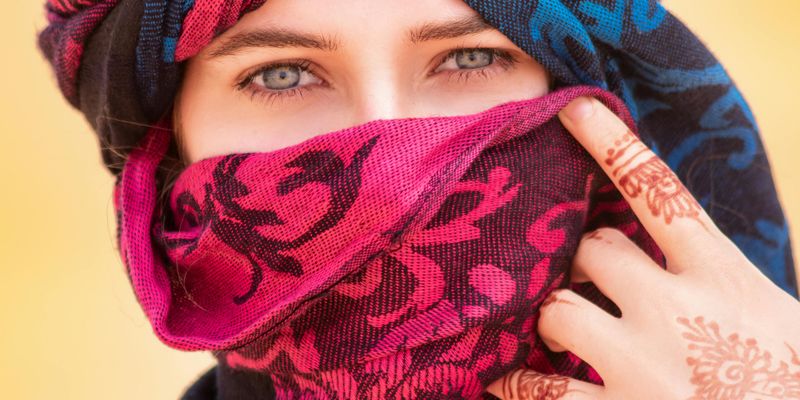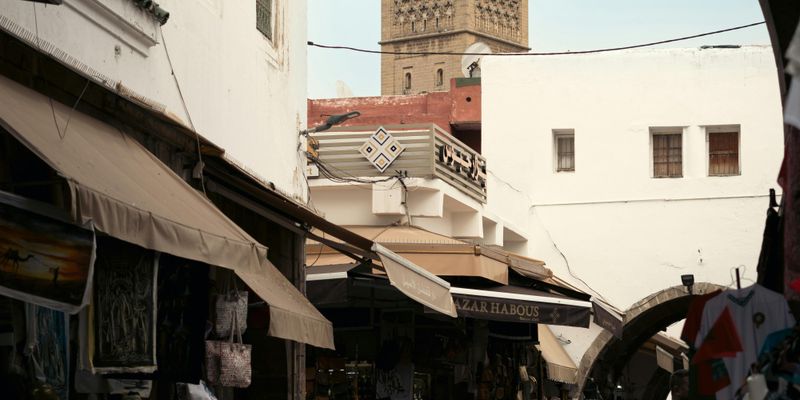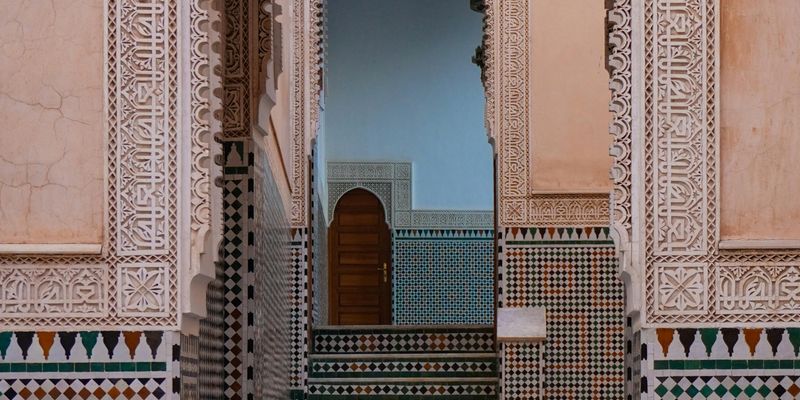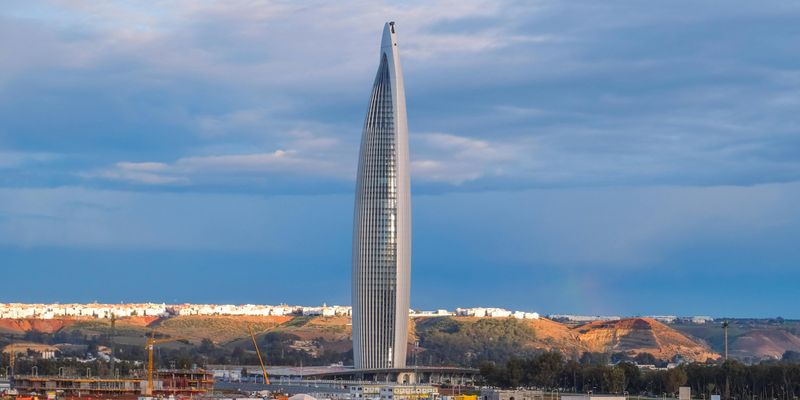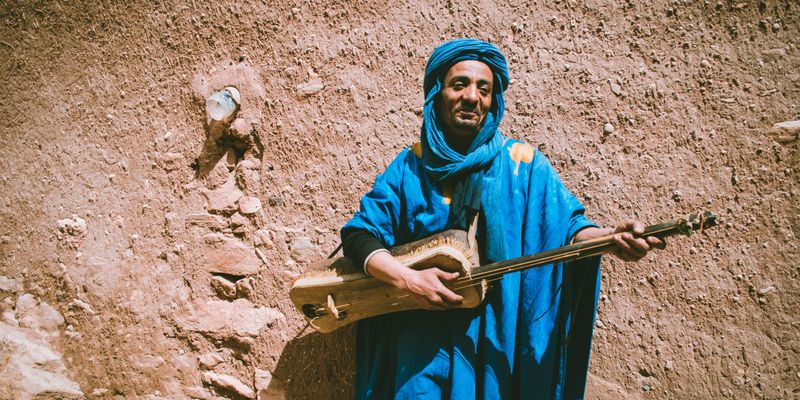
Introduction to Morocco's Musical Diversity
When one thinks of Morocco, the first images that might come to mind are vibrant markets, stunning landscapes, and the aromatic spices used in traditional dishes. However, if there’s one aspect of Moroccan culture that truly captivates people from all around the globe, it’s the country’s diverse and eclectic music scene. From the soulful melodies of Amazigh (Berber) songs to the rhythm of Raï, music in Morocco is a tapestry woven from various influences, reflecting the nation’s rich history and cultural pluralism.
A Rich Melodic Heritage
Morocco’s music is as varied as its landscape, which ranges from the sandy dunes of the Sahara to the snow-capped Atlas Mountains. Traditional genres like Chaabi and Andalusian music have deep roots in Moroccan history. Chaabi, often considered the music of the people, integrates local dialects, rhythms, and instruments — think lively percussion and the sound of the oud (a stringed instrument). This genre is commonly performed at weddings and festivals, encouraging everyone to dance and celebrate together.
Amazigh Music: The Heartbeat of Berber Culture
The Amazigh people, the indigenous population of Morocco, contribute significantly to the musical landscape. Their songs, often sung in the Tamazight language, tell stories of love, bravery, and nature. Artists like Oum blend traditional Amazigh rhythms with contemporary sounds, creating a genre that resonates not only in Morocco but also on international stages. Their performances are a feast for the senses, captivating audiences with emotional depth and cultural significance.
Modern Influences and Global Fusion
As Morocco embraces the waves of globalization, its music scene reflects an exciting fusion of genres. The Raï music from the northern region of Algeria has seen a surge in popularity, with Moroccan artists incorporating local styles and languages. Musicians such as Saad Lamjarred have taken this genre to new heights, earning international recognition and bridging cultural gaps. Raï's vibrant themes of love and social change speak to universal experiences, making it accessible to diverse audiences worldwide.
The Vibrant Festival Scene
No discussion of Morocco's music scene is complete without mentioning its lively music festivals. Events like the Gnawa World Music Festival in Essaouira celebrate the mystical sounds of Gnawa music, which combines African, Arab, and Berber influences. These festivals attract hundreds of thousands of visitors, showcasing both established artists and emerging talents. Attending a festival is not just about the music; it’s about immersing yourself in the joyous atmosphere, meeting people from all walks of life, and embracing the spirit of Moroccan hospitality.
A Space for Dialogue and Connection
Recently, music has become a powerful tool for fostering dialogue between cultures. Artists are increasingly collaborating beyond borders, blending various musical traditions to create something new. The melding of styles—from Moroccan jazz to Hip Hop—has paved the way for artistic exchanges, allowing for creative expressions that are relevant and meaningful.
Conclusion
Morocco's music scene is not just an entertainment medium; it's a living cultural heritage that tells the stories of its people, traditions, and aspirations. With its unique ability to evolve while honoring its roots, Moroccan music continues to enchant and inspire individuals both within and beyond its borders. So, the next time you find yourself tapping your feet to a Moroccan melody, think of it as an invitation to explore the nation's rich tapestry of culture and artistry. Morocco’s eclectic music scene truly captivates the world, reminding us of our shared humanity and the beauty that lies in diversity.
